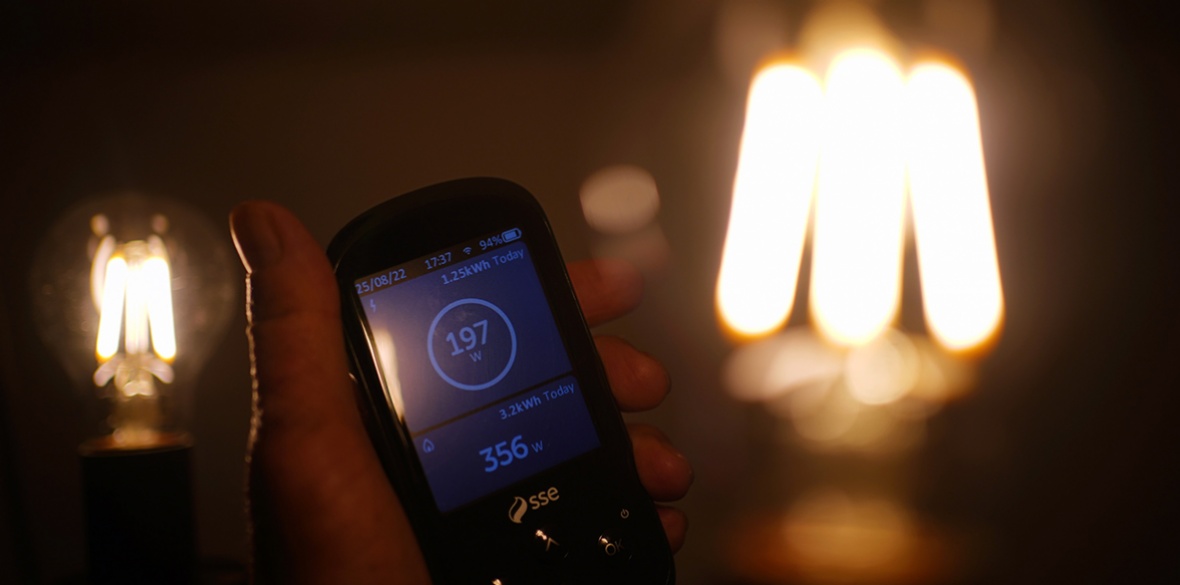This is the last article you can read this month
You can read more article this month
You can read more articles this month
Sorry your limit is up for this month
Reset on:
Please help support the Morning Star by subscribing here
A QUARTER of a million people have pledged this month to not pay their energy bills — joining two million households who have fallen into debt on their electricity payments.
December 1 marked the first day of Don’t Pay UK’s nationwide strike, touted as the biggest non-payment of bills since the poll tax in the 1980s.
So far, a total of 257,491 people have signed up to the campaign’s pledge to cancel their direct debits in protest against fossil fuel firms’ bumper profits as millions struggle to keep warm this winter.
By the end of June there were already 2.3 million households that had fallen behind on their electricity bills, according to figures by energy regulator Ofgem.
In recent months, Citizens’ Advice has reported seeing a record number of people move onto pre-payment metres — the most expensive — as well as customers “self-disconnecting,” meaning they lose access to energy and heating.
Commenting on the start of the strike, a Don’t Pay spokesperson said: “We aim to empower the millions who already can’t pay their energy bills by turning this mass default into mass resistance.”
One striker from Cornwall said: “Choosing not to pay energy bills is not an easy decision to make, but in my household there’s just nothing left to cut.
“We’ve already saved on our shopping and put the heating on only when it gets really cold. It feels like there’s no option left but to make a stand and stop the bills going up even more.”
The strike comes amid warnings on Thursday that the number of households in fuel poverty could almost double from April next year to 8.4 million, compared with last October’s 4.5 million, after the government’s energy bill cap comes to an end.
Campaign group National Energy Action (NEA) said that figure would include 3.6 million people with a disability.
“The situation will continue to get worse next year,” NEA chief executive Adam Scorer warned: “The effects of this are devastating on both physical and mental health. Make no mistake: cold homes can kill.
“Government intervention must prioritise the most vulnerable in 2023 and beyond.”
A flurry of actions against fuel poverty are taking place this week. On Saturday, Fuel Poverty Action and Don’t Pay UK will hold “warm-up” protests across Britain, where campaigners will enter and occupy public spaces to keep warm due to unaffordable bills and poor housing at home.










